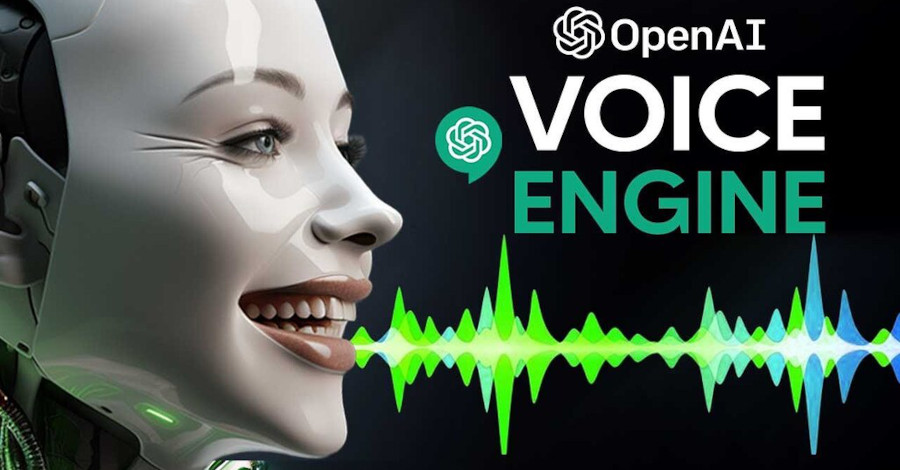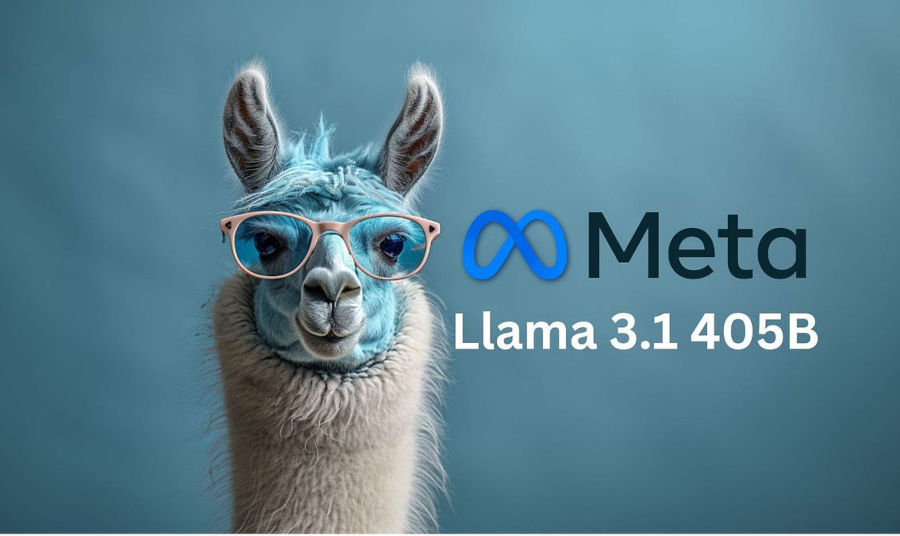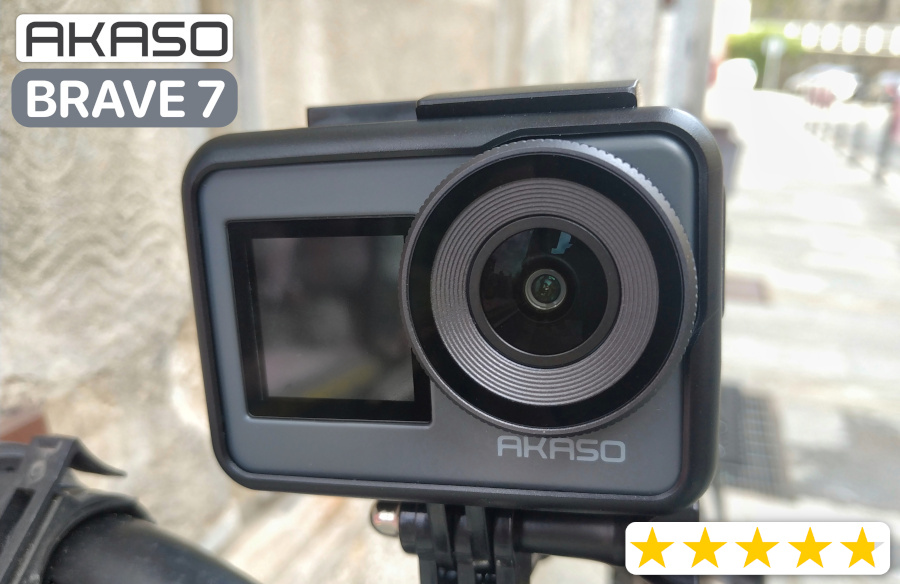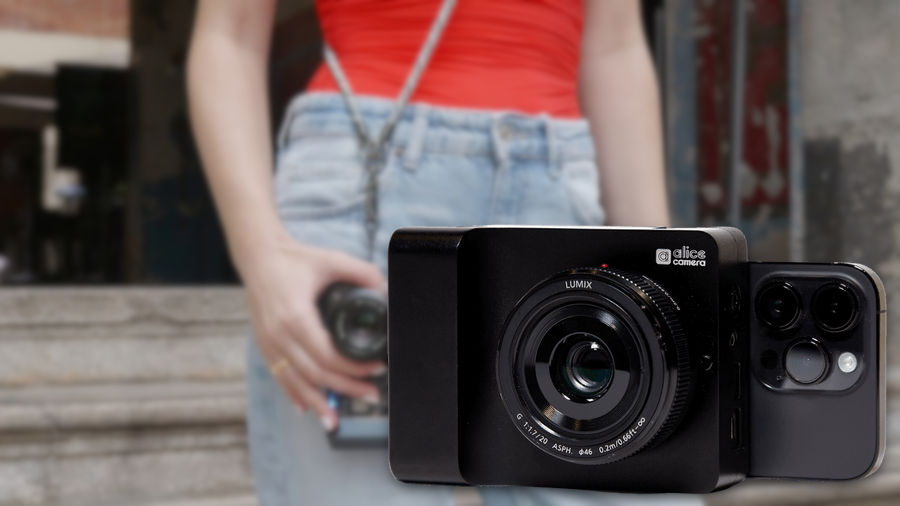
The Ethical Tightrope of OpenAI's Voice Engine: Innovations, Implications, and Ethical Dilemmas
Navigating the Uncharted Territory of Synthetic Voice Technology in an Era of Misinformation
NEWS AI March 29, 2024 Reading time: 2 Minute(s)
From the remarkable success of ChatGPT to the awe-inspiring realism of Sora's video generation capabilities, OpenAI continues to astound the world with its technological prowess. However, amidst the excitement of these advancements lies a new frontier fraught with ethical complexities: the unveiling of Voice Engine.
Voice Engine represents OpenAI's latest foray into synthetic voice technology, capable of recreating human voices with remarkable accuracy. As with Sora, OpenAI has chosen to withhold public access to Voice Engine, opting instead for a limited trial with select businesses. The rationale behind this cautious approach is clear: the profound ethical implications inherent in a tool that can mimic the voices of real individuals.
VIDEO CREDITS: BEST ONE AI
A recent demonstration of Voice Engine by The New York Times showcased its capabilities, revealing both its potential and its pitfalls. In one instance, a 16-second recording of a man with a distinctive Portuguese accent was seamlessly transformed into entirely different utterances, showcasing the versatility of the technology. While the recreated voices may not be indistinguishable from the originals, they are undeniably convincing, raising concerns about the ease with which misinformation could be propagated.

Indeed, the implications of Voice Engine extend far beyond mere novelty. The ability to manipulate voices with such precision introduces a host of risks, from the spread of false information to the compromise of voice authentication systems used for security purposes. OpenAI's product manager, Jeff Harris, acknowledges the gravity of the situation, emphasizing the importance of navigating this "sensitive thing" with caution.
In response to these concerns, OpenAI is exploring measures to mitigate the potential misuse of Voice Engine. Experimentation with watermarking systems aims to distinguish between authentic recordings and synthetic ones, while the company remains transparent about the ethical challenges posed by the technology. Despite these efforts, the ethical tightrope remains precarious, with no easy solutions in sight.
Nevertheless, OpenAI contends that Voice Engine holds promise beyond its ethical quandaries. The technology could facilitate communication for individuals who have lost their voices, offering a lifeline to those who were once silenced. Moreover, Voice Engine could serve as a means of preserving the voices of the deceased, enriching our cultural heritage and historical record.
IMAGES CREDITS: OPENAI | REVIEW SPACE
OpenAI AI Artificial Intelligence Voice Engine Synthetic Voice Technology Ethics Security Technology News RSMax
*Our pages may contain affiliate links. If you buy something via one of our affiliate links, Review Space may earn a commission. Thanks for your support!
CATEGORIES

























COMMENTS